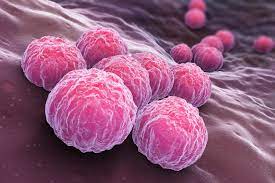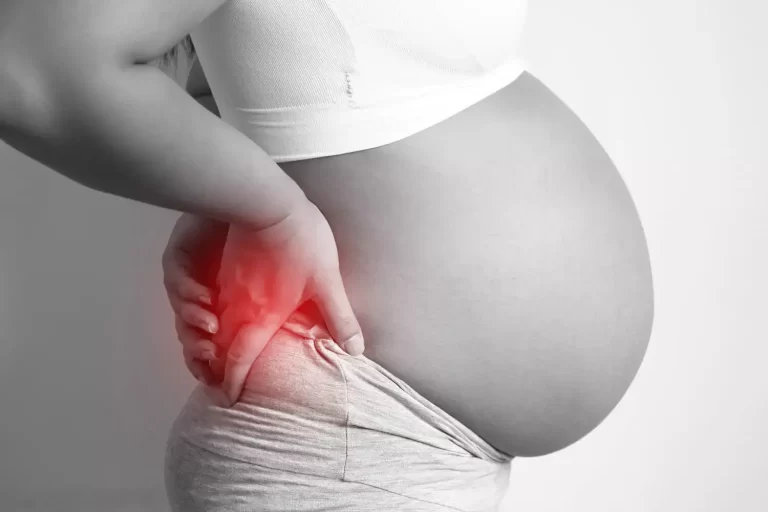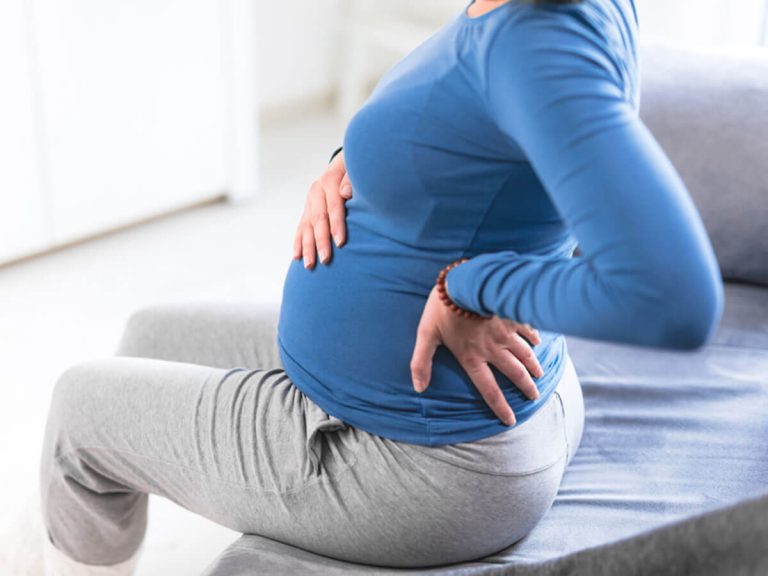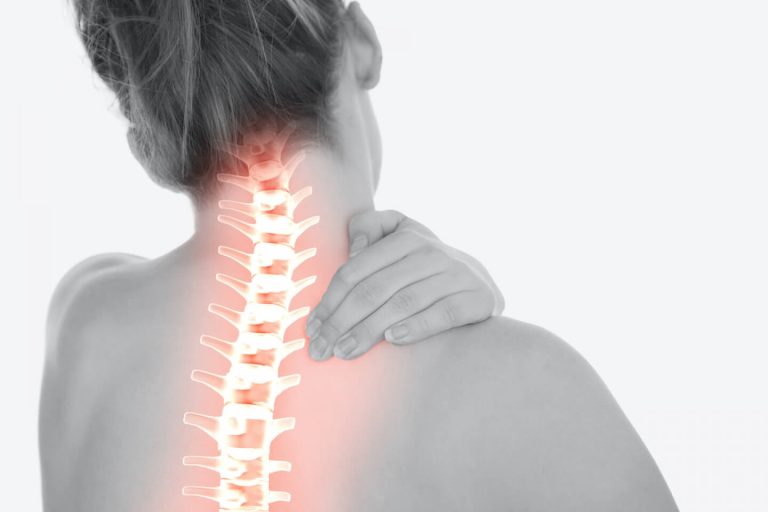Is Horniness an Early Sign of Pregnancy?

Pregnancy is a transformative and exciting time for many women. From the first signs of pregnancy to the delivery of a new baby, it’s a journey that is full of surprises, both physical and emotional. As women navigate the various stages of pregnancy, they may wonder whether horniness an early sign of pregnancy.
Understanding Hormonal Changes During Pregnancy
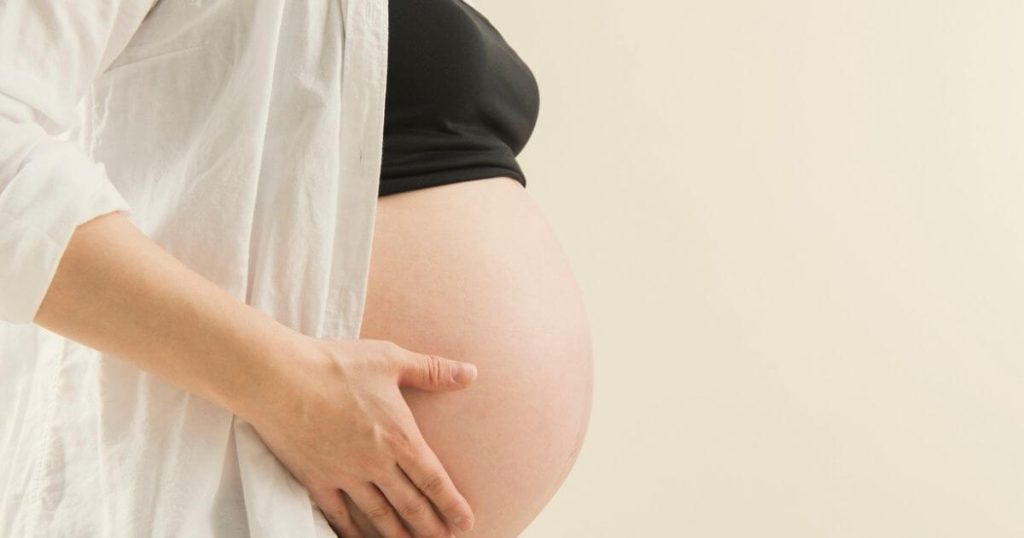
Hormonal changes are a hallmark of pregnancy. As the body prepares for pregnancy, the levels of estrogen and progesterone rise rapidly. These hormones are responsible for preparing the uterus for the growth and development of the fetus, as well as supporting the overall health of the mother.
One of the effects of rising estrogen and progesterone levels is increased blood flow to the pelvic area, including the genitals. This increased blood flow can lead to heightened sensitivity and arousal, which may manifest as increased sexual desire or horniness.
While hormonal changes can certainly play a role in sexual desire during pregnancy, it’s important to note that not all women experience an increase in sexual desire during this time. The relationship between pregnancy and sexual desire is complex and varies from woman to woman.
Exploring Sexual Desire During Pregnancy

While many women experience a decrease in sexual desire during pregnancy, some women may experience an increase in sexual desire, particularly in the first trimester. The reasons for this increase are not yet fully understood, but it may be related to the hormonal changes that occur during pregnancy.
In addition to hormonal changes, there are several other factors that can affect a woman’s sexual desire during pregnancy. Stress, fatigue, and relationship issues are just a few examples of the many factors that can impact sexual desire during pregnancy.
If you are experiencing an increase in sexual desire during pregnancy, it’s important to communicate openly with your partner and healthcare provider. While an increase in sexual desire is generally considered normal during pregnancy, there may be certain circumstances where sexual activity is not recommended.
Other Factors That Affect Sexual Desire

While hormonal changes are an important factor in sexual desire during pregnancy, they are not the only factor. Stress, fatigue, and relationship issues can all affect a woman’s sexual desire, both during pregnancy and at other times in her life.
Stress is a particularly important factor to consider when it comes to sexual desire during pregnancy. Pregnancy can be a stressful time, as women navigate the physical and emotional changes that come with carrying a child. High levels of stress can lead to a decrease in sexual desire, as well as other physical and emotional symptoms.
Fatigue is another common factor that can impact sexual desire during pregnancy. Many women experience fatigue during the first trimester, as their bodies work to adapt to the changes that come with pregnancy. This fatigue can make it difficult to feel motivated or interested in sexual activity.
Finally, relationship issues can also affect sexual desire during pregnancy. Pregnancy can be a time of great change and transition for both partners, and it’s not uncommon for couples to experience relationship issues during this time. Communication is key, and it’s important for partners to talk openly and honestly about their feelings and needs.
Signs and Symptoms of Pregnancy

While horniness alone is not a reliable indicator of pregnancy, there are several other signs and symptoms that women may experience in the early stages of pregnancy. These include:
Missed periods: A missed period is often the first sign of pregnancy. However, it’s important to note that not all women experience a missed period during the early stages of pregnancy.
Nausea and vomiting: Morning sickness is a common symptom of pregnancy, particularly during the first trimester. While it’s not fully understood why some women experience nausea and vomiting during pregnancy, it’s thought to be related to the hormonal changes that occur during this time.
Fatigue: As mentioned earlier, fatigue is a common symptom of pregnancy, particularly in the first trimester.
Breast tenderness: Many women experience breast tenderness or soreness during the early stages of pregnancy. This is thought to be related to the hormonal changes that occur during this time.
Mood changes: Pregnancy can be an emotional time, and many women experience mood changes during the early stages of pregnancy.
It’s important to note that not all women will experience all of these symptoms, and some women may experience none of them. Additionally, some of these symptoms may be caused by factors other than pregnancy, such as stress or hormonal imbalances.
Final Thought
In conclusion, horniness can be an early sign of pregnancy, but it’s not a reliable indicator on its own. Hormonal changes during pregnancy can lead to an increase in sexual desire, but many other factors can affect sexual desire during this time as well. It’s important for women to communicate openly with their partners and healthcare providers about their sexual desire and any concerns they may have about their pregnancy.
If you suspect you may be pregnant, it’s important to speak with your healthcare provider to confirm your pregnancy and ensure that you receive proper prenatal care. Your healthcare provider can also provide guidance and support as you navigate the various stages of pregnancy and prepare for the arrival of your new baby.



